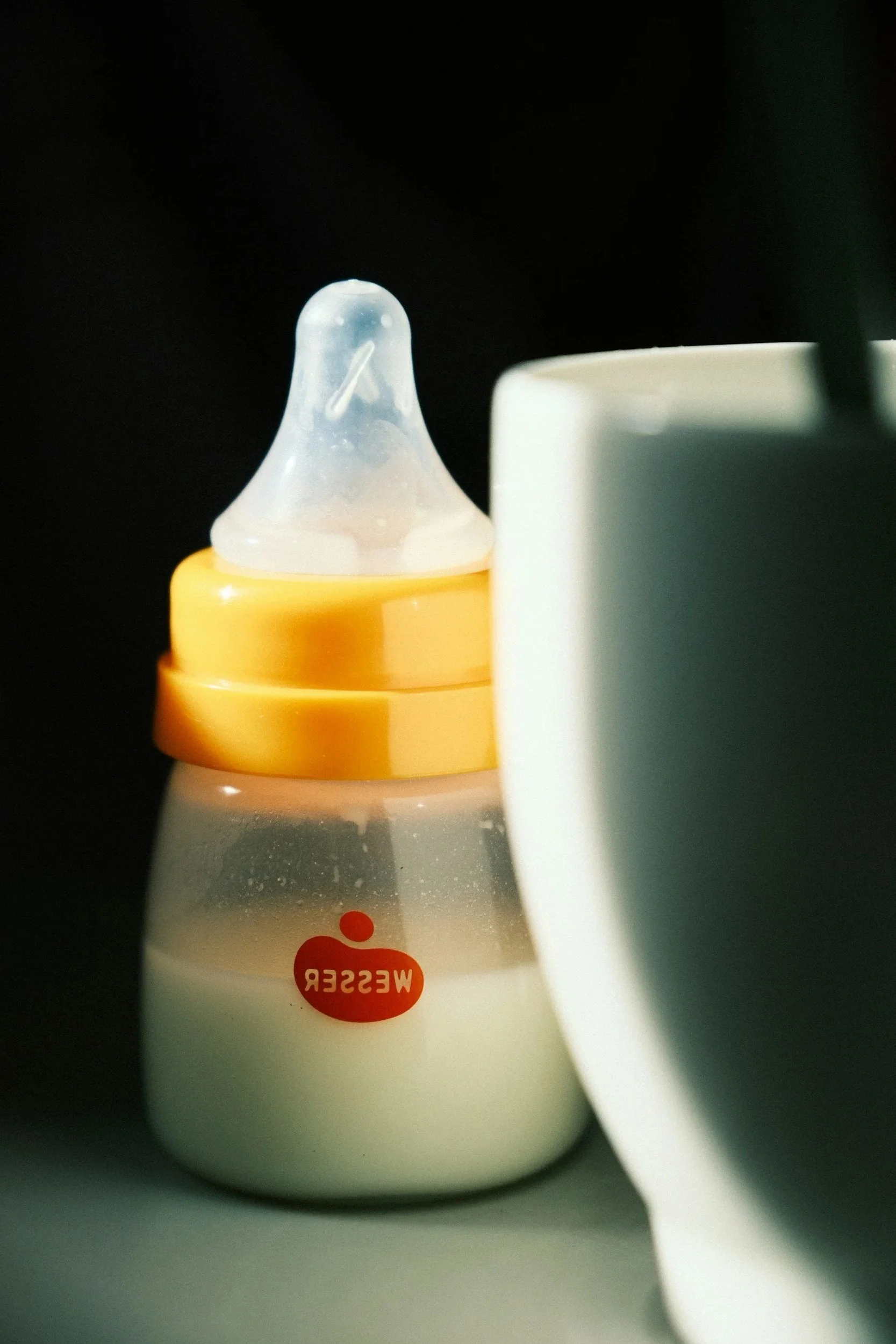Baby Formula NEC Lawsuits
Legal Help for Families of Premature Infants Diagnosed with NEC
Premature infants are among the most vulnerable patients in any hospital. Parents trust that every product used in their baby’s care is safe — but growing evidence shows that certain cow’s-milk–based baby formulas, such as Similac® and Enfamil®, have been linked to a deadly intestinal condition called necrotizing enterocolitis (NEC).
Families whose babies developed NEC after being fed these formulas in hospitals are filing lawsuits alleging that the manufacturers failed to warn doctors and parents about known risks. Our firm helps families hold these corporations accountable and pursue justice for their children.
What Is Necrotizing Enterocolitis (NEC)?
NEC is a severe gastrointestinal disease that primarily affects premature or low-birth-weight infants. It causes inflammation and tissue death in the intestines, which can lead to perforation, infection, and in many cases, death.
Studies have shown that premature babies fed cow’s-milk–based formulas are up to ten times more likely to develop NEC than those fed human breast milk or human-milk–based fortifiers.
How Baby Formula Is Linked to NEC
Scientific research dating back more than two decades has connected cow’s-milk formulas and fortifiers to NEC in premature babies. Despite these findings, formula manufacturers continued to market their products for use in neonatal intensive care units (NICUs) — and often promoted them as safe alternatives to human milk.
The lawsuits claim that companies like Abbott Laboratories (Similac) and Mead Johnson (Enfamil):
Knew or should have known their products posed a heightened risk of NEC in premature infants
Failed to include warnings on product labels or inform hospitals and parents
Marketed their formulas for preemies despite the medical evidence
Prioritized profit over infant safety
As a result, countless families have suffered the devastating consequences of NEC — including emergency surgeries, lifelong health complications, and infant deaths.
Signs and Complications of NEC
Symptoms of NEC can appear within days of formula feeding and may include:
Swollen or tender abdomen
Feeding intolerance or vomiting
Bloody stools
Lethargy or temperature instability
Signs of infection or sepsis
Complications can require emergency surgery and may lead to:
Intestinal perforation or removal
Short bowel syndrome
Neurodevelopmental delay
Long-term nutritional problems
Death
Current Status of the Baby Formula Litigation
Hundreds of lawsuits against Abbott Laboratories and Mead Johnson have been consolidated into Multidistrict Litigation (MDL No. 3026) in the U.S. District Court for the Northern District of Illinois.
The litigation is ongoing. Pretrial discovery and bellwether case selections are in progress, but no global settlement has yet been announced. As evidence grows, new families continue to come forward.
How Our Firm Can Help
Our firm represents families whose infants suffered harm from defective or dangerous products used in hospital care.
We understand the sensitivity of these cases and work tirelessly to uncover the truth, secure justice, and help families find closure.
We provide:
Free, confidential consultations for affected families
Thorough review of hospital records and product usage
Expert collaboration with neonatologists and pediatric specialists
Compassionate legal representation focused on accountability and healing

Who May Qualify for a Baby Formula Lawsuit
Swollen lymph nodes or lumps under the skin
Persistent fatigue
Night sweats or unexplained fevers
Unexplained weight loss
Pain, swelling, or discomfort in the abdomen or chest
If you’ve received a non-Hodgkin’s lymphoma diagnosis or another cancer linked to glyphosate, legal action may help you recover medical costs, lost wages, and compensation for your pain and suffering.
Potential Compensation
A successful NEC lawsuit may provide compensation for:
Medical expenses and hospital care
Pain and suffering
Emotional distress
Future medical needs or long-term disability care
Funeral and burial costs (in wrongful-death cases)

